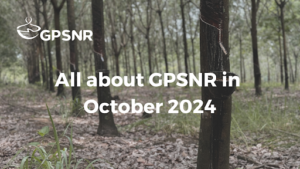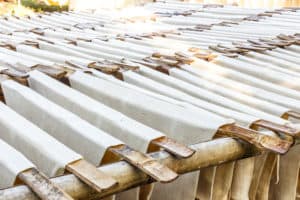PRESS RELEASE
Natural Rubber Supply Chain urges European Parliament not to amend essence of EUDR
Singapore, 13 November 2024: As Members of the European Parliament (MEPs) convene to vote on 14th November on the proposed amendments to the EUDR, the Global Platform for Sustainable Natural Rubber (GPSNR) urges them to provide legal certainty around the implementation timeline and not re-open the regulatory text.
Along with the European Tire and Rubber Manufacturers Association, GPSNR has written to the European Parliament earlier this month to ask MEPs to use the proposal for amendments solely to create certainty about the timeline and not change the substance of the regulation.
GPSNR members represent almost 60% of the global NR demand and include OEMs, manufacturers of rubber products, producers and traders of natural rubber, smallholder farmers, and civil society. All these stakeholders have worked tirelessly and swiftly to comply with the regulation, whose original date of implementation is weeks away.
Notwithstanding this, GPSNR believes MEPs have a key role in ensuring the European Commission uses the proposed additional 12 months for implementation to resolve the remaining issues, particularly the functioning of the information system and the necessary secondary legislation, including on the benchmarking system as well as completing the planned review of the relevant products in Annex I by June 2025.
The natural rubber industry strongly supports the vision of the EUDR and GPSNR members have been working on committing to and implementing strong environmental and human rights related principles in their operations for a long time. These efforts need the support of a fair and transparent regulatory environment that can help the industry move further ahead on their efforts on deforestation and human rights.
END
About GPSNR:
GPSNR is an international membership driven platform set up to define sustainability for the natural rubber value chain. It brings together various stakeholders to a common ground based on fairness, equity and environmental sustainability. More on sustainablenaturalrubber.org
For more information, please contact:
Bani Bains
Communications Director
Email: bani.bains@gpsnr.org
Ph: +65 97268165





